by Joel Tolman, Director of Impact & Engagement
I was a brand new teacher when I came to Common Ground in 2003. The first class I taught — together with Liz Cox, now our School Director — was a course about New Haven’s neighborhoods. It sounds a little ludicrous: a first year teacher, new to New Haven, teaching a class about New Haven to students who had called this city home for most or all of their lives.
It felt a little ludicrous, too. My students and Ms. Cox taught me a huge amount.
But when I look back on what actually worked in that first, wobbly class, a few things stand out: A student-led tour of Dixwell Plaza. The web site that our students built, sharing stories about their neighborhoods. Walking back and forth to Katherine Brennan Elementary School once a week, where our students — many of them struggling readers themselves — taught reading strategies and read aloud to 2nd graders.
I was reminded of this class last month, when teachers and school leaders from cities across the country — Los Angeles and Boston, Milwaukee and New York, Hartford and Tacoma, New Haven and Minneapolis — converged on Common Ground. Over the three days we spend together, it became clear that these educators shared my experience: That many of their best, most meaningful, most lasting experiences as educators were rooted in the cities they and their students called home.
Check out this video to learn more about this gathering of educators:
Put “urban” in front of the word “education,” and something strange seems to happen. Sometimes, the word “urban” gets used when people aren’t comfortable talking about schools that serve Black and Latino students, or that predominantly teach students living in poverty. Put this together with other stereotypes of urban public schools — achievement gaps, politicized and dysfunctional bureaucracies, high dropout rates, a mix of brand-new underprepared teachers and worn-out veterans — and it’s easy to get stuck in a toxic spiral that seems to relegate students of color and low income students to schools that aren’t supporting their success.
But what if we could turn this dynamic on its head? What if we recognized that cities are dense with all the things that make learning possible — people with talents and passions to share, diversity of perspectives and experiences, problems to be solved and questions to be asked, organizations ready to provide the supports and opportunities our students need? What if urban public schools embraced their cities, rooted themselves in their urban environments, and turned those places into an extension of their classrooms?
Of course, schools engage their cities as classrooms, teachers, and textbooks all the time — in New Haven public schools, and in schools all over the country. This is not a new idea. The question is: Can educators, schools, and community members that are teaching their cities work together, support one another, build each other’s capacity? Can we grow something bigger, of which more students and teachers are a part?
That’s the idea behind Teaching Our Cities, a new project at Common Ground — and the reason all those educators gathered on our campus last month. We called it a “learning exchange,” because all our schools have a lot to learn, as well as a lot to share. During this learning exchange, educators sat in on classes — not to see the perfect lesson, but to provide critical and supportive feedback. We worked through common problems: from the realities of using public buses to transport students, to the dynamics of predominately white, suburban faculties teaching predominantly urban students of color. We put course plans in progress on the table, and welcomed questions and ideas from peers from other schools.
Because schools don’t change in a day, or even three, we’ll continue to bring our schools together. And we’ll keep welcoming fellow educators into the mix. If you’re interested in joining this community of educators, you can sign up for one of our next to Teaching Our Cities Learning Exchanges:
- Authentic Assessment – January 20th. Join in Common Ground’s end of semester Presentations of Learning. Provide feedback to our seniors as they finalize their leadership portfolios. Bring a project you want to develop, and get feedback from peer educators from Common Ground and schools across the region. Learn more and register.
- City Math – February 3rd. Explore how to build culturally relevant, challenging, authentic math learning experiences for urban public high school students – by making the city our math classroom, textbook, and co-teacher. Observe and provide feedback on Common Ground courses that use our urban farm as a math resource. Share resources, problems of practice, and experiences with math teachers who are integrating urban environmental challenges, social justice issues, and place-based case studies into math courses. Learn more and register.
Thanks to support from the Dalio Foundation, the Environmental Protection Agency, and the Gould Foundation, Common Ground will be able to offer these learning exchanges and other opportunities to work together free of charge. We always welcome visitors who want to learn about Common Ground — and provide us feedback that will help us continue to grow. Email me at jtolman@commongroundct.org if you are interested in coming for a visit.

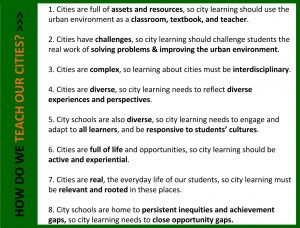
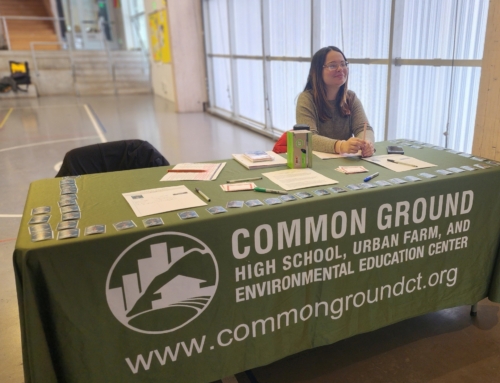
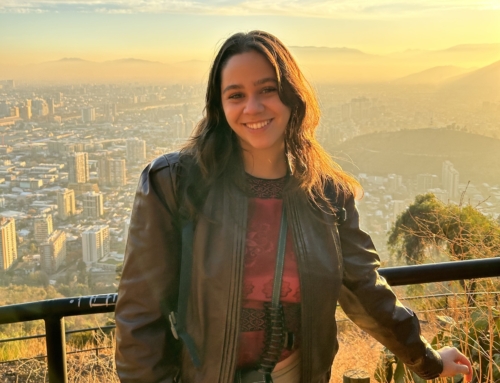
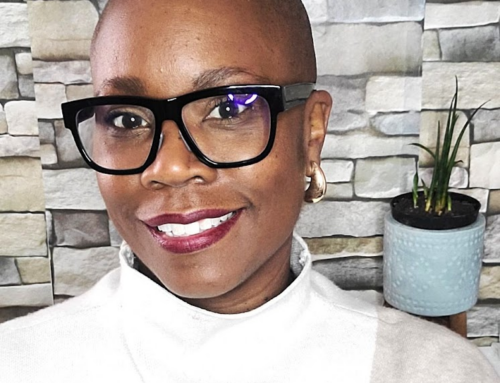
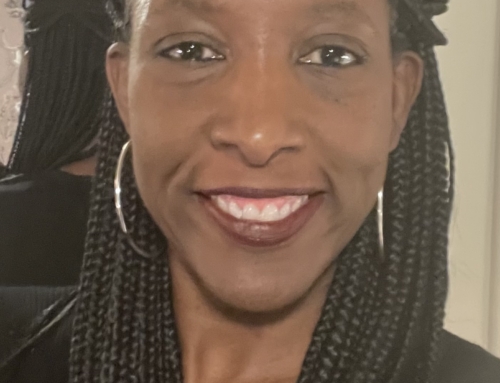
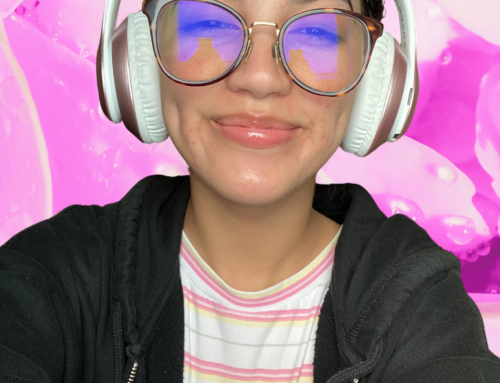
Leave A Comment